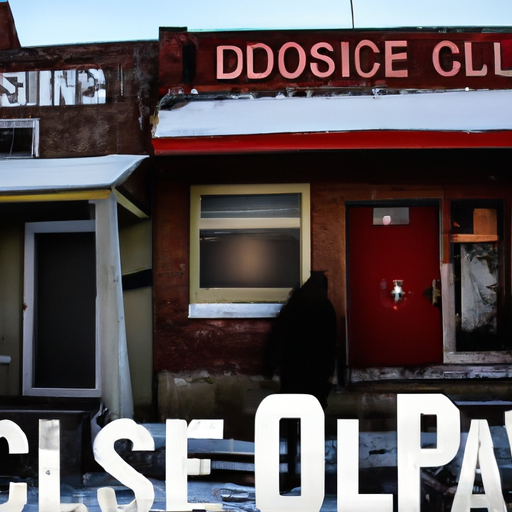The Opioid Crisis in Canada: Legal Actions, Effects, and Combat Strategies
Canada’s opioid crisis has escalated over the past decade, resulting in a dramatic surge in addiction rates and fatal overdoses. It’s a complex, multifaceted issue that impacts individuals and communities nationwide. Recently, some First Nations in Saskatchewan have taken a significant stand against it, by launching a class-action lawsuit against the Federal Government.
Opioid Crisis: Spectrum of Impact and Triggers
The primary concern of this opioid crisis involves not just the staggering number of lives lost to addiction and overdose, but also the broader social impact. The crisis foments a culture of homelessness and crime and creates an economic strain that reverberates through healthcare systems, social services, and local economies. Higher crime rates associated with substance abuse and a rising number of orphaned children are some of the grim social implications that have echoed through multiple segments of society.
First Nations: A Litigation to Fight the Crisis
Four Saskatchewan First Nations have filed a class-action lawsuit against the Government of Canada, alleging it has failed to protect them from the devastating impact of the opioid crisis. The lawsuit claims that the government did not do enough to prevent the infiltration and widespread circulation of opioids in their communities and did not provide adequate resources for their treatment programmes. This legal pursuit underscores the magnitude of the suffering experienced by these communities and their determination to seek justice and resolution.
Key Points in the Class Action
The lawsuit brings forth several charges against the Federal Government:
- Failure to prevent the proliferation of opioids
- Lack of provision for essential, culturally appropriate health services
- Inadequate support for addiction and mental health services
- Insufficient funding for additional health service providers and facilities in First Nations communities.
Government and Community Efforts to Combat the Opioid Crisis
In response to the opioid crisis, the Canadian Government, alongside provincial and regional health organizations, has initiated several efforts. One of the most notable is the expansion of access to naloxone, a potentially lifesaving drug that can temporarily reverse an opioid overdose. The government has also increased efforts in harm reduction, such as safe injection sites and opioid replacement therapies.
Community-wide education about the dangers of opioid misuse represents another critical tool in combatting the crisis. Creating a culture of understanding about addiction as a disease rather than a moral failing is an integral part of this element. Despite these efforts, the opioid crisis continues to wreak considerable havoc, prompting urgent calls for large-scale, integrated, and comprehensive solutions.
In Conclusion: A Crisis Calling for Collective Action
The ongoing opioid crisis in Canada is a monumental public health issue, causing immeasurable pain and suffering for individuals and communities across the country. The class-action lawsuit, brought by First Nations in Saskatchewan against the Canadian Government, serves as a stark reminder of the urgent need for meaningful action.
In facing this complex and deeply rooted crisis, all levels of society must take part in creating proactive, compassionate and comprehensive solutions. These ought to range from prevention and early intervention programmes to accessible, culturally appropriate treatment and recovery services.
By reinforcing ongoing initiatives like expanding naloxone availability and funding for critical health services and treatment programmes – coupled with evolving strategies and fresh perspectives – Canada can turn the tide in this opioid crisis, aiming for a future where our communities are no longer overshadowed by the spectre of addiction.
